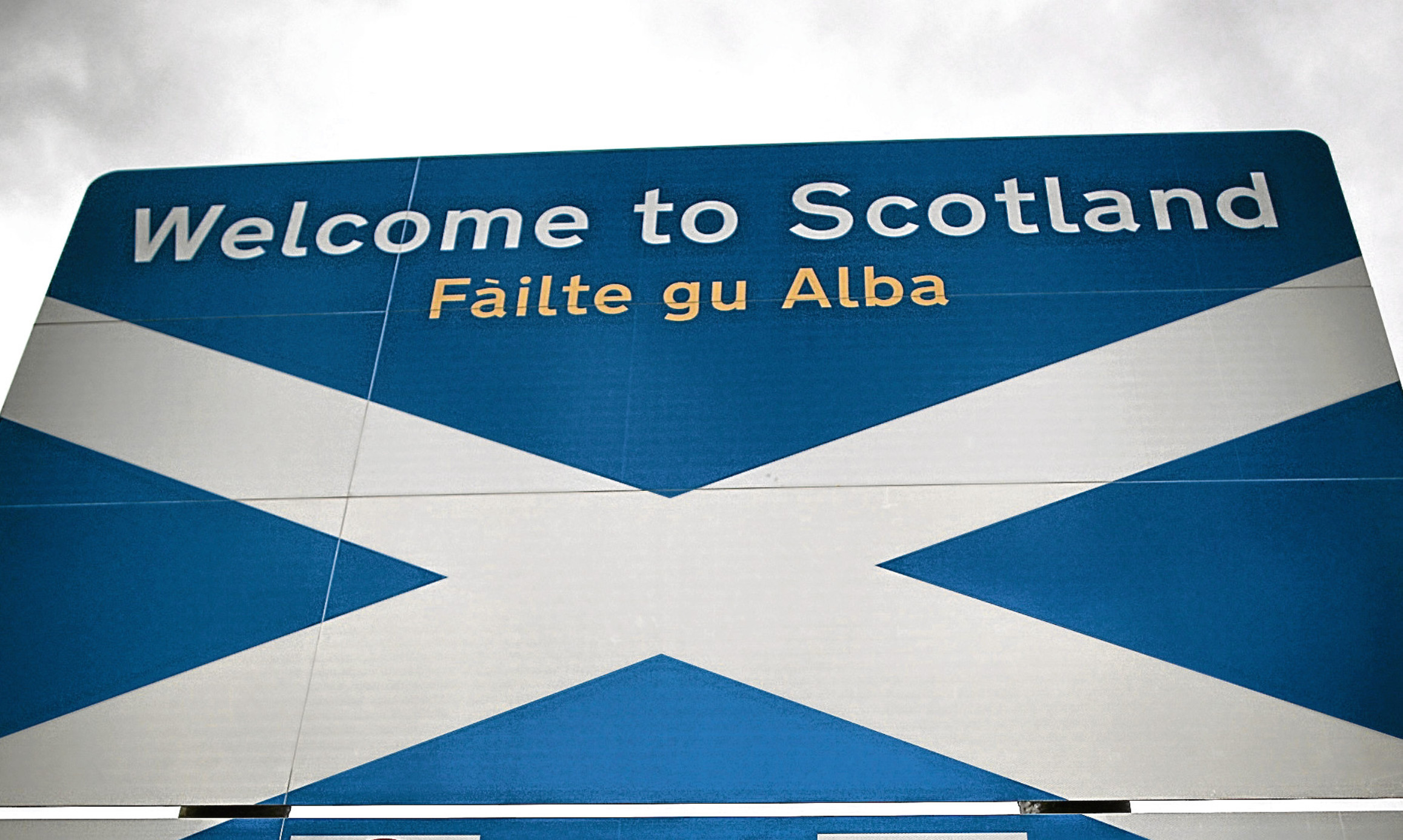Given the choice, would Europeans prefer to live in Scotland or England? Judging by the respective immigration statistics of the two nations, the answer is pretty clear.
Although many EU citizens have settled north of the border, they are far outnumbered proportionately by those flocking to English towns and cities.
In a post-Brexit world, however, this would change, or so says Nicola Sturgeon. Her chief demand in lobbying for a distinctive EU deal is for Scotland to maintain access to the single market.
The condition, of course, is the free movement of people, the very issue that drove a majority to vote to leave the European Union last June.
Scotland alone opted to remain and the debate about whether this was influenced by lower levels of immigration here will go on ad infinitum. There are still those who want us to believe that the UK “leave” result was not about the movement of people and that xenophobia was not a trigger for Brexit.
Putting aside these arguments and focusing on the SNP’s insistence on a single market, two conclusions can be drawn.
One, the more cynical, is that the Nationalists knew Westminster could never allow Scotland to have an open border after the UK as a whole voted to restrict freedom of movement.
In asking for something they were not going to get, the separatists could then press ahead with their main agenda – another independence referendum.
This is where we were two weeks ago when Sturgeon, apparently frustrated by the Prime Minister’s unwillingness to compromise, announced her plan to go for the second plebiscite. And more than two days of Holyrood time has subsequently been wasted on the subject.
It is possible, though, that some Nationalists have deluded themselves into believing that Scotland could stay in the single market following Brexit. After all, they thought Scotland could have an oil fund a little over two years ago.
Sturgeon herself has made the case that if Ireland, north and south, can be in and out of the EU and still maintain a porous border, then so too can Scotland and England.
This ignores the history of Ireland and its peace process and draws regional parallels even more ill informed than those which equate Scotland’s condition to Norway’s.
But the alternative is unpalatable. The spectre of customs and border guards on the A1, the M74, along Hadrian’s Wall and at all the other entry points into Scotland from England is one the Nationalists do not wish to raise when there is a possible referendum on the horizon.
In their version of breaking up Britain, nothing would really change, not the Queen, nor the pound and certainly not the familiar routes that criss-cross this island. To suggest otherwise would force voters to see separation in the cold light of day.
But that dystopian vision is exactly what the UK would look like if Scotland had access to the single market after Brexit.
How could it be otherwise? Sturgeon’s notion that people who came to live in Scotland would just stay put is so naïve it’s hard to take her seriously.
It’s possible that she has become blind to her country’s limitations but imagine a family moving to Perth, where head teachers are so short staffed they have to ask if any of the parents can teach maths.
Or they discover their chances of surviving certain cancers are lower here than south of the border, or there is less likelihood of seeing a GP.
Will the SNP make new arrivals take an oath of allegiance to stop them seeking preferable public services in other parts of the UK?
And what about businesses that set up in Edinburgh or Dundee or Aberdeen? Will those headquartered in Scotland obey Nationalist instructions to stay in Scotland when they notice England offers more generous rates, a much bigger domestic market and smoother transport links?
Then there are the English-based entrepreneurs who will regard an open border with Scotland as an opportunity to bypass tariffs with the EU.
May, not to mention her European counterparts, is never going to give ground to Scotland on a single market and consequently the free movement of people, because this is unachievable without erecting barriers between our two lands.
And in the event of independence such unworkable criteria would be the principle stumbling block to Scotland’s re-entry into Europe.
In campaigning for the free movement of people in a borderless Britain, Sturgeon is pushing at a door that is closed. She could, in theory, have one but she can’t have both, not within or without the UK.
She must realise this and so must her ministers and advisers and it is time they stopped trying to con the people of Scotland with their claims to the contrary.
